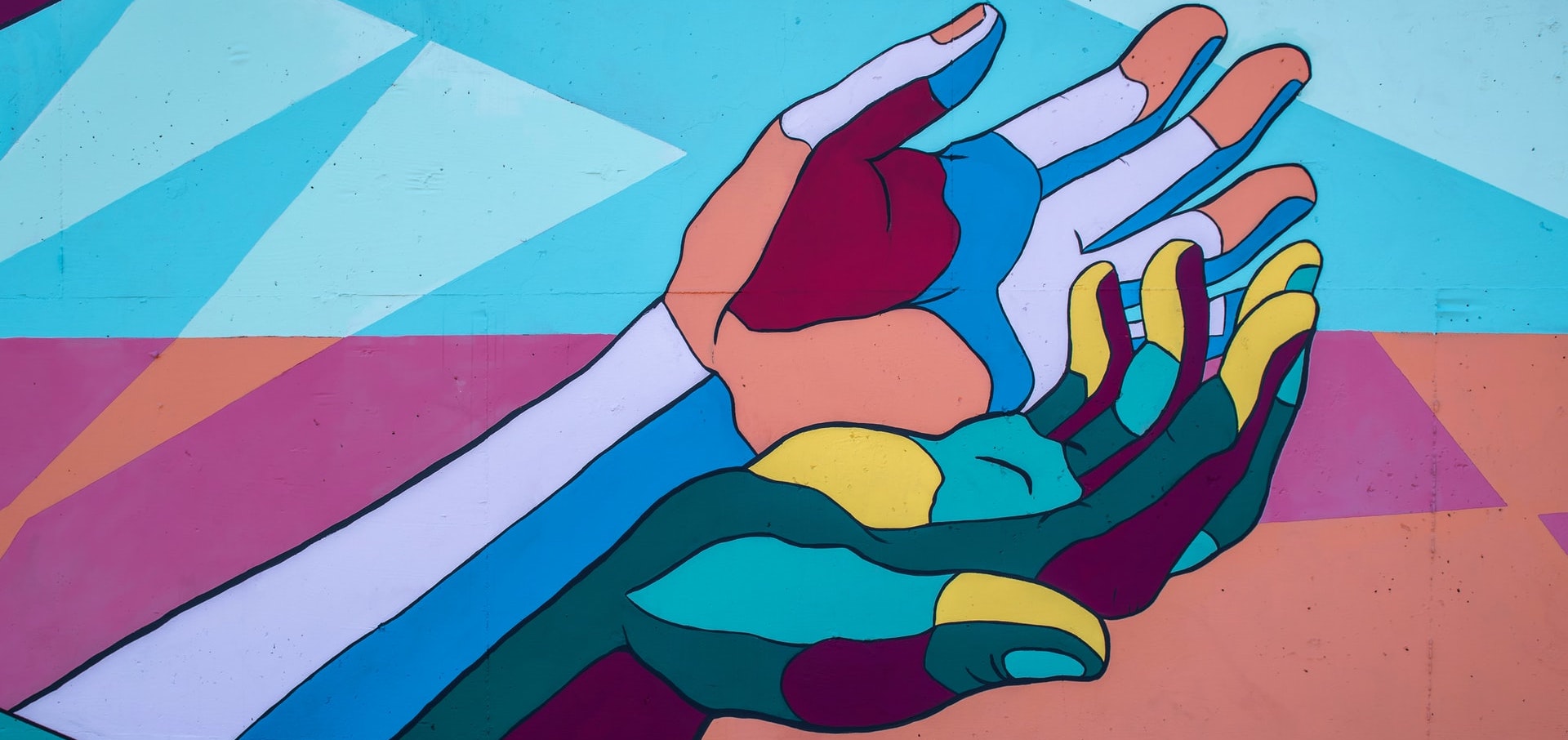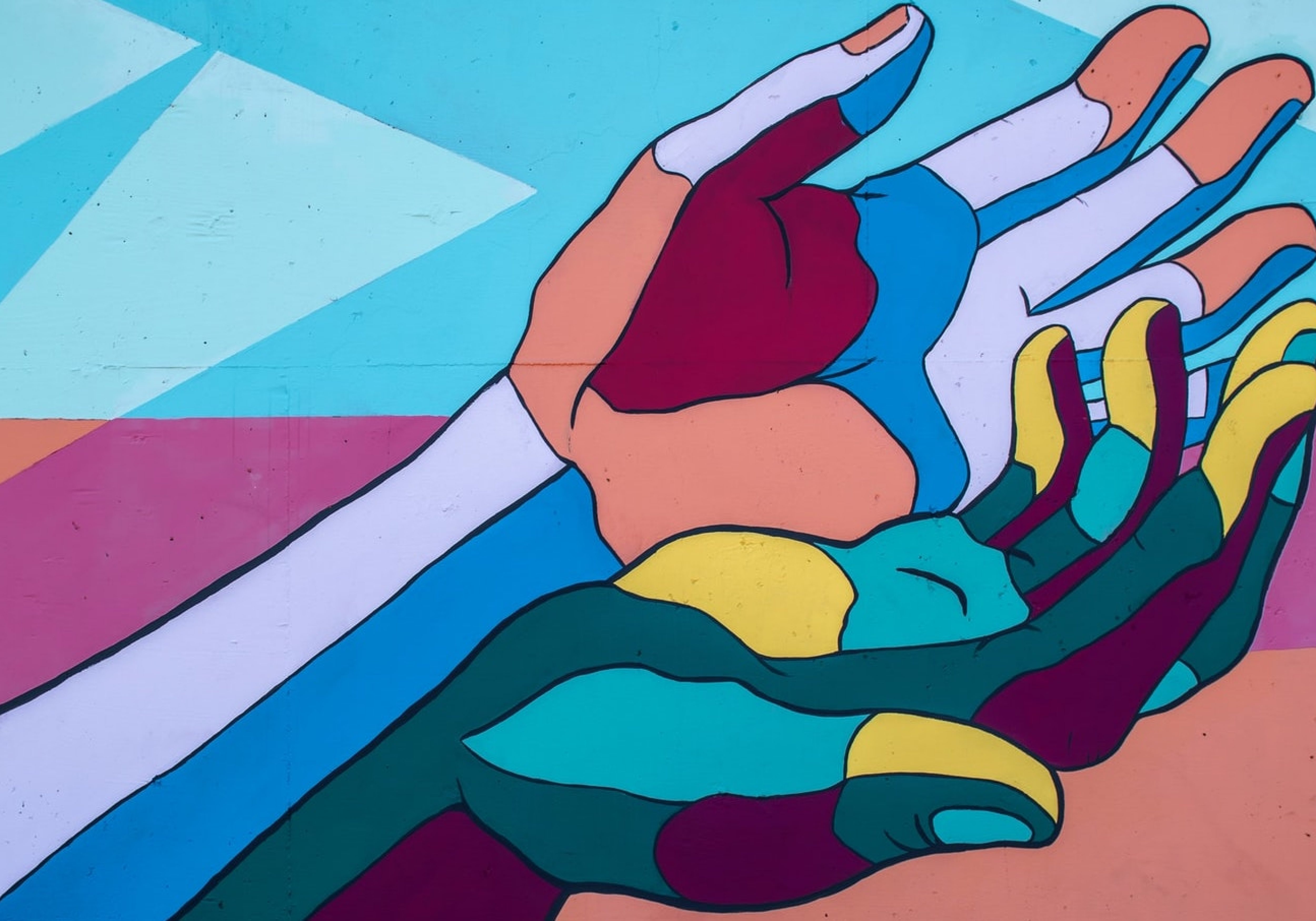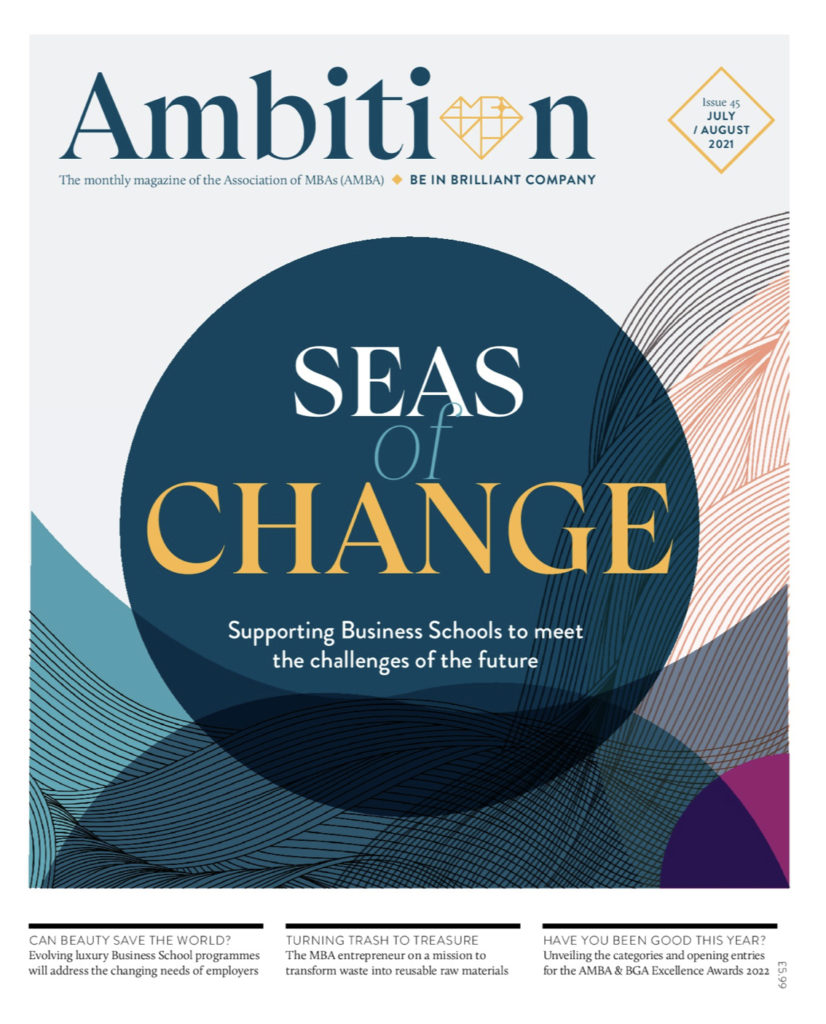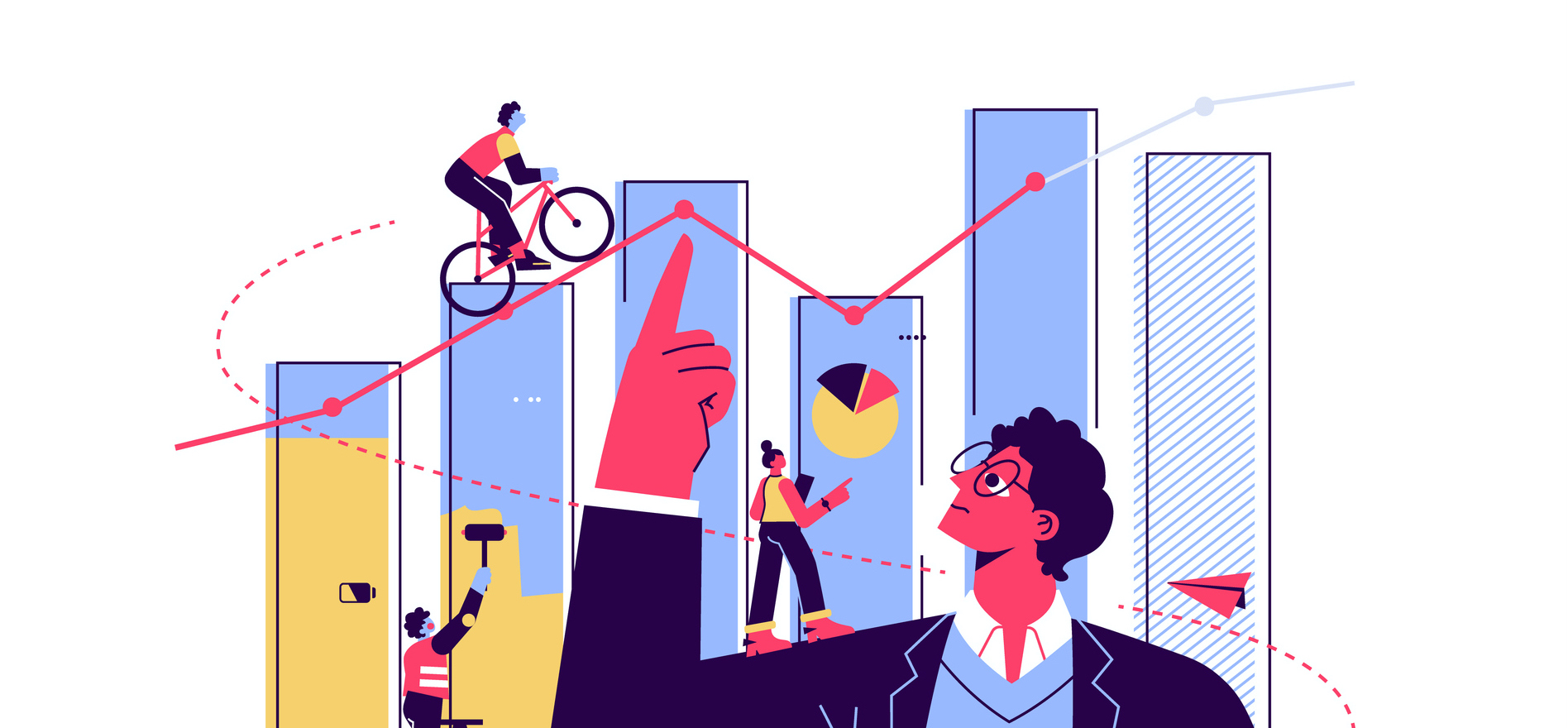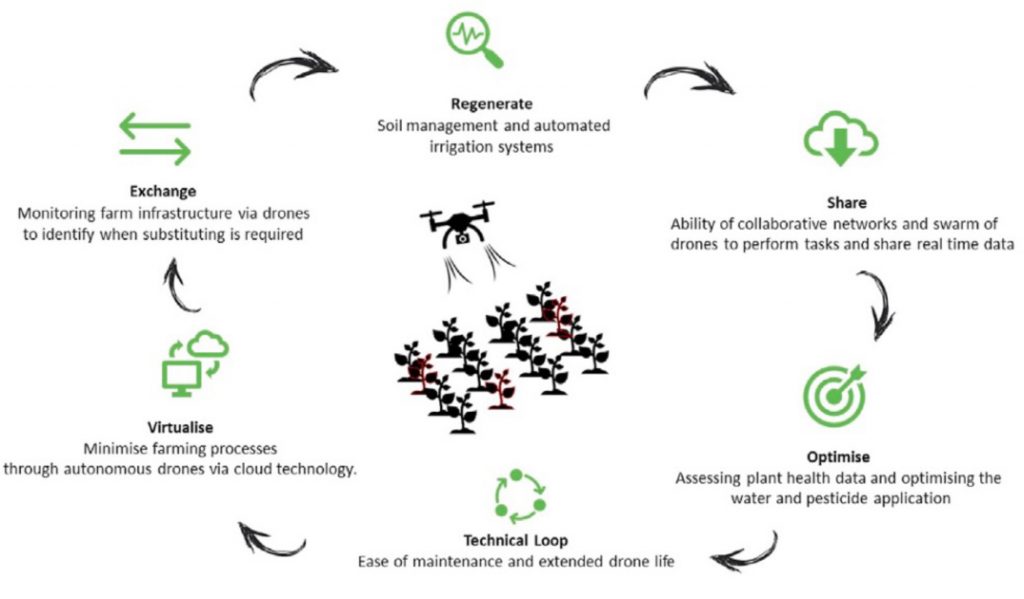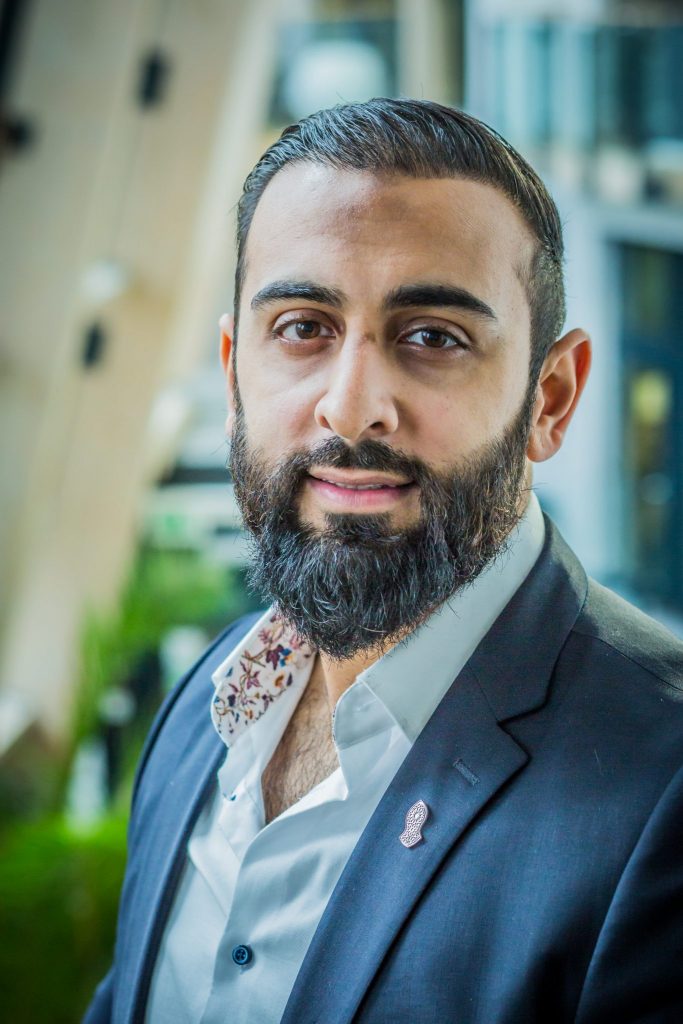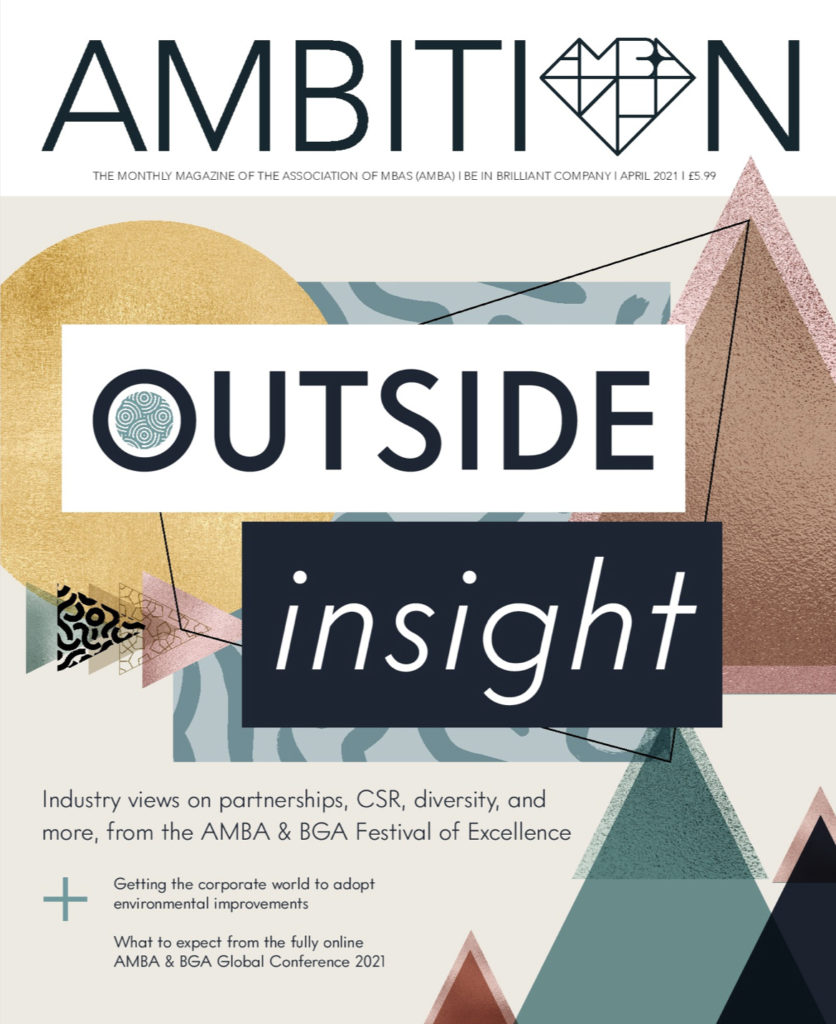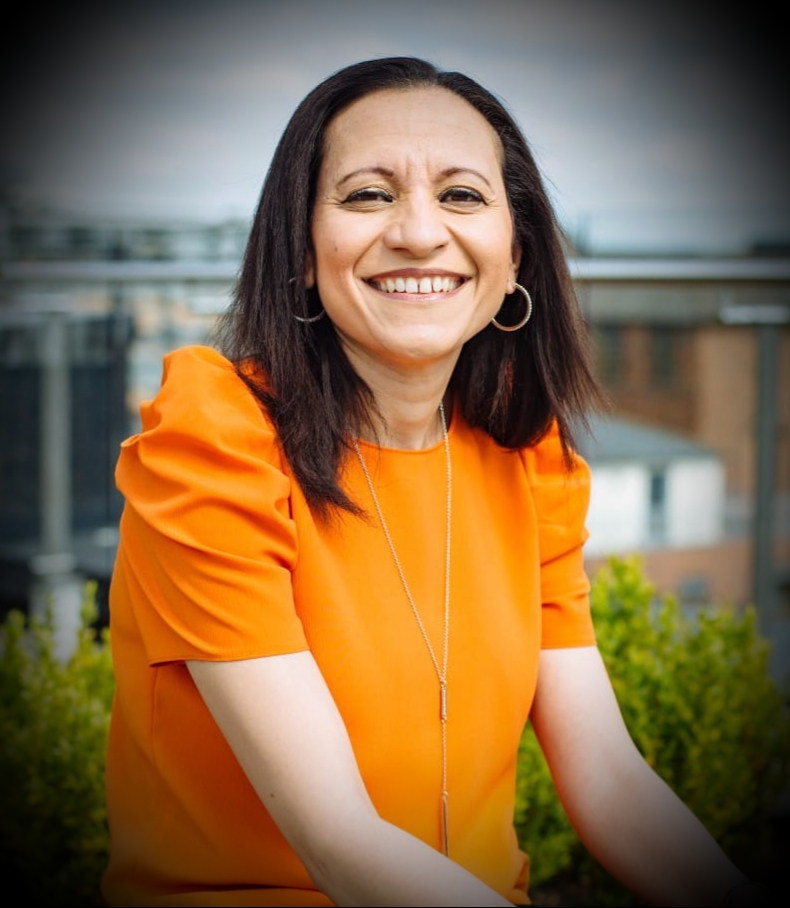Nicolas Sauviat, winner of the BGA Future Leaders Case Competition 2020, calls on Business Schools to ensure cases reflect the changing world of business and help enable a generation of leaders that seek ‘meaning’ in their careers. Interview by Tim Banerjee Dhoul
Case studies are a great way to teach the practical application of business knowledge, but must be kept up to date with changing times and the world’s growing focus on sustainability, according to Nicolas Sauviat, winner of the BGA Future Leaders Case Competition 2020.
The competition invited students and graduates from Business Schools in the BGA network – of which there are now 162 spread across 39 countries – to submit their report and recommendations on a sustainability conundrum facing Nespresso France.
A master’s graduate of Aston Business School, Sauviat won with a hybrid proposal in support of both inhouse and public recycling initiatives that speaks to the importance he places in recognising the shifting dynamics of business, and of keeping an open mind.
In this interview with Business Impact, he offers his thoughts on the value of the case study method and the importance of pursuing purpose in both a professional and personal capacity.
He also outlines why the central selling point of a Business School programme, for him, is its ‘uniqueness’ and ‘how it brings something new and responds to a changing world effectively’.
Can you tell me a little bit about yourself and your professional and personal background?
I come from a family of four children and grew up in Limoges, a medium-sized city in France known for its porcelain and cows. I studied corporate law at the University of Limoges before turning to international business thanks to a partnership with the University of Oklahoma. There, I discovered the thrill of being abroad and have been travelling ever since.
I worked for businesses and NGOs in Spain, finished my studies in international business at Aston University and flew to Hong Kong to promote cross-sector collaborations and disrupting business models at Shared Value Project Hong Kong – a non-profit organisation striving to build uncommon partnerships for the UN SDGs. Most recently, I joined the World Benchmarking Alliance, an international organisation which develops transformative benchmarks that compare key companies’ performance on the SDGs.
The BGA Future Leaders Case Competition 2020 asked entrants to analyse four options available to the CEO of Nespresso France in relation to addressing the problem of single-serve aluminium capsules that are deemed wasteful and damaging to the environment. Which option would you have implemented, if you were the Nespresso France CEO, and why?
I would implement a hybrid solution between ‘setting up a proprietary recycling system’ and ‘sponsoring a complete overhaul of the country’s recycling system’, as I recommended in my entry. This is for two main reasons: impact maximisation and risk mitigation.
While investing in the French recycling system is clearly superior in terms of both impact and ROI, Nespresso needs to complement the public system with its own private system until the former reaches sufficient capacity.
The move would allow Nespresso France to adapt to the new business environment where interdependence, collaboration for innovation and proactiveness on purpose are increasingly crucial to success. I added to this combination my own (fifth) option for Nespresso to become a B Corp. The B Corp certification brings depth and transparency to this sustainability commitment.
Nespresso’s innovative dual recycling model would be highlighted by a unique positioning based on transparency and collaboration. If applied, this plan would result in two thirds of the cups to be recycled by 2024 and 100% of the French population to have access to proper recycling options for the aluminium capsules. It would also provide an estimated 3% additional growth on the 2020-2023 period across Nespresso France’s operations.
You are an international business MSc graduate of Aston Business School. Did your experience of this programme help in your approach to the BGA Future Leaders Case Competition?
My time at Aston was fundamental to my developing the skills needed in the BGA case competition. It honed my analytical reasoning and business strategy skills, which were both key to solving the case study. It also broadened my horizons, especially thanks to the palpable entrepreneurial atmosphere at the university. The many societies available, notably Enactus, were a fantastic way to get hands-on experience, for example.
While at Aston, I learned the importance of having a well-thought strategy, and, more importantly, to act on it and not be afraid to adapt it according to ongoing circumstances – as reflected in my submission. The MSc in International Business was therefore a crucial step in my professional and personal development. I gained professional experience and made lifelong friends there. It is a time I will cherish for the rest of my time.
Do you think the case study method is an effective way to learn about business and management?
I think it is extremely important to look at real-life examples to get a deeper understanding of business. To gain effective knowledge, you need both a healthy dose of theory and a matching dose of relevant analysis grounded in reality. The case study method is therefore a great way to implement the knowledge acquired in the classroom and to examine the world’s complexities.
That being said, the way to succeed yesterday is not necessarily the same as would be needed today. Times constantly change – especially with sustainability issues which were systematically ignored before. ‘Business as usual’ cannot work anymore. These relatively new aspects to doing business offer great opportunities – such as sustainable businesses gaining an edge over their competitors – but do require creativity to solve. They reflect the new paradigms we live in, which the case study method needs to acknowledge.
If you were to return to Business School later in your career (e.g., to study an MBA or other executive-level programme), would use of the case study method be something you would look for in the Business School at which you would want to study?
I would definitely look for the practical applications of the knowledge taught. The use of the case study method would be one aspect of that and I would expect each ‘theory’ class to be matched with implementation studies.
I would pay extra attention to how ‘recent’ case studies are used in the programme and how sustainability is included in every aspect of it. I would also look for how the case study is effectively used – is there an emphasis on one good solution or a debate on its complexities?
The use of case studies needs to reflect the challenging problems of the world we live in and foster creativity on how to solve them.
What other factors might be important to you, if you were ever to return to Business School to study further?
If I ever were to return to Business School, I would look at its reputation and rankings but, more importantly, the uniqueness of the degree. It is crucial to see how it brings something new and responds to a changing world effectively.
The ‘why’ needs to be at the centre and the programme must show its current relevance. You cannot study business the way it’s been done so far, focusing on only the old profit dimension of business. It is only one dimension among many others – for instance, people, planet and purpose.
As the ones enabling the next generation of business leaders, Business Schools have to show the way forward and be trailblazers in sustainability.
Can you tell me a little about a favourite course/module, assignment or professor, from your time at Business School?
I can talk a bit about my favourite professor: Kaz Kirollos. He was the head of both the entrepreneurship and the international business programmes and knew his way around in both [Kirollos is now at Warwick Business School].
Kirollos embodies the successful mixing of theory and practice. He would explain the theory and its limits before diving into case studies and debates in the classroom. He knew that there was no ‘right’ answer in business but that there are instead shifting dynamics which require an inquisitive and open mind. I guess his entrepreneurship experience was especially important in that aspect as he emphasised a trial-and-error approach to business – something that really resonated with me.
Your past experience is full of activities relating to work with a social impact. Are ‘purpose’ and ‘impact’ things that you will continue to seek in your future career? If so, why?
‘Impact’ and ‘purpose’ are definitely things that I will continue to seek in my future career. I think I come from a generation looking for meaningful work – not just work as a means to survive. As a generation, we are also aware that we are the last ones who will be able to make a strong impact on many global issues, such as climate change.
It is significant that we just entered the UN’s Decade of Action. In this way, while NGOs and non-profits certainly have a role to play, the private sector needs to step up in order to bring forth a sustainable future. This is not from a charity point of view. Aligning profit with purpose is beneficial to both society and businesses – creating both economic and societal value. Companies need to understand that, in the age of stakeholder capitalism, purpose is the new competitive advantage.
While at Business School, you worked on an entrepreneurial project for a product that produces mosquito-repellent blankets in African countries, with the platform, Enactus. What did this experience teach you about the realities of business?
Being a project leader at Enactus taught me much, especially about constantly failing! Making a project move forward is but a long succession of failures and delays. Once an obstacle is removed, another pops up. In this way, being part of this student-led organisation really developed my entrepreneurial skills, which are required for any business. It also showed me the difficulty of finding the right contacts and business partners, especially in an international setting.
Furthermore, it showed me how hard it is to implement cross-sector collaboration. The companies we reached out to were really unsure about working with a team of students – which is understandable – and kept going back and forth even with the whole university backing us. There was also a lot of discussion around the project even though we were only mimicking an already tested and proven method. As a result, conducting proper business in Ghana took us much longer than we expected – a common result for most international projects.
Do you think socially oriented leaders can have a bigger impact at the helm of a small startup or within a large multinational organisation?
This is a very tough question, to which there is no definitive answer. Both are needed to drive impact. What is certain is that the private sector has a crucial role to play to bring forth a more sustainable future. Without the private sector, we won’t achieve the SDGs. The private sector needs to bring much-needed scalability to sustainability. Its capacity to solve problems profitably and at scale is indeed key (the earned profits being reinvested to generate more profit).
On the one hand, multinationals can have a bigger impact given their sheer size, influence and resources. They are, however, much harder to move for socially oriented leaders. On the other hand, startups are much more nimble and can offer innovative scalable solutions. I personally really enjoyed my time in a startup as you really feel you are making a difference. Socially oriented leaders can have a strong impact in both. The true defining element is, in my opinion, cross-sector partnerships to involve all stakeholders in the process and to create maximum impact from every initiative.
Nicolas Sauviat is a sustainability professional with an academic background in both law and international business. He is passionate about cross-sector collaboration for the SDGs and advocates for aligning profit with purpose. His experience has spanned the US, Europe and Asia, working for organisations ranging from NGOs to businesses.
This article is taken from Business Impact’s print magazine (edition: May-July 2021).
Sustainable banking in Paraguay – find out more and enter the BGA Future Leaders Case Competition 2022 for a chance to win a $3,000 USD cash prize.



